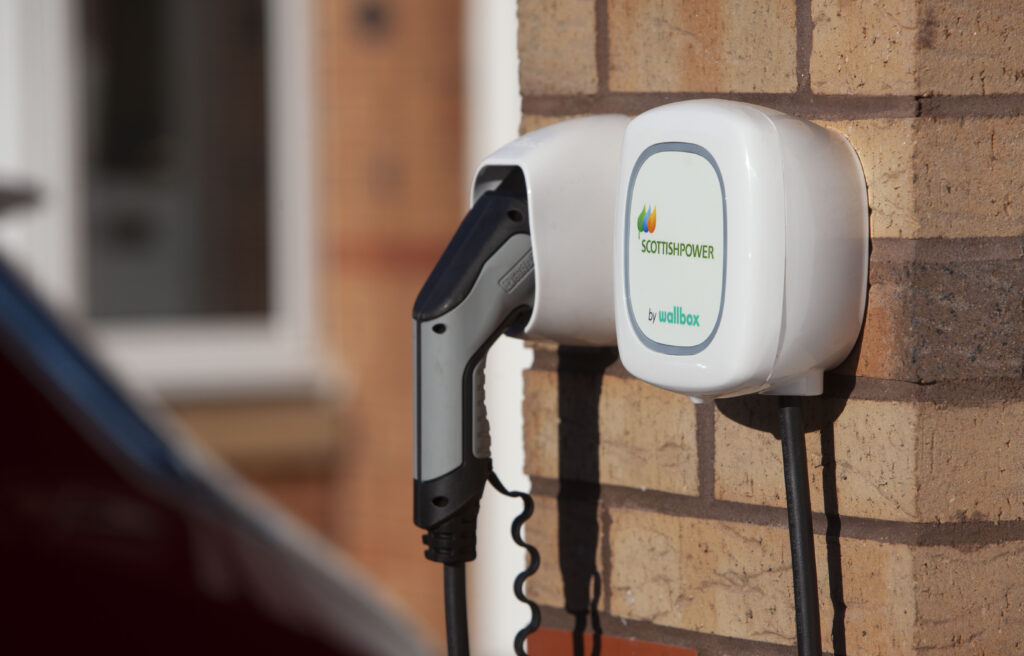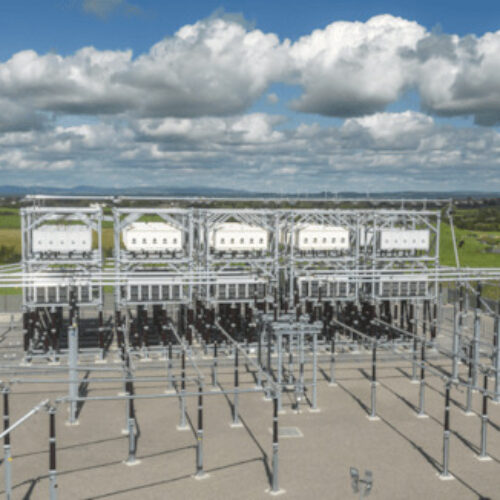The government has unveiled proposals for new build houses to be fitted with chargepoints and pledged to ensure new rapid chargers will provide ‘pay as you go’ payment options.
In a public consultation, the government is proposing that every new residential building with an associated car parking space is fitted with a chargepoint. This would also apply to any buildings undergoing renovation to residential use.
Every residential building undergoing major works with more than 10 parking spaces would also be required to have a chargepoint and the cable routes for a chargepoint for one in five spaces. This would also be true for every non-residential new build and non-residential building undergoing major renovation.
Existing non-residential buildings with over 20 parking spaces will also be required to have a chargepoint, which would be applicable from 2025.
In its second EV announcement, the government revealed plans to ensure all new rapid chargers provide ‘pay as you go’ credit or debit card payment options from spring 2020. It says it is prepared to use powers in the Automated and Electric Vehicles act to ensure ‘a good deal’ for consumers.
It comes as BP Chargemaster commits to introducing card payment on both its new 50kW and 150kW chargers from this week and retrofitting its existing chargers over the next 12 months.
The two proposals were announced a week on from the government unveiling £37 million in funding for EV charging innovation projects.
Michael Ellis MP, future of mobility minister, said the government is aware the range of different payment methods is “a source of frustration for drivers”.
“It is crucial there are easy payment methods available to improve electric vehicle drivers’ experiences and give drivers choice. This will help even more people enjoy the benefits electric vehicles bring and speed up our journey to a zero-emission future.”
The Renewable Energy Association called for a standardised payment system for EV charging earlier this year, warning it must be more user-friendly or risk deterring future EV drivers.





